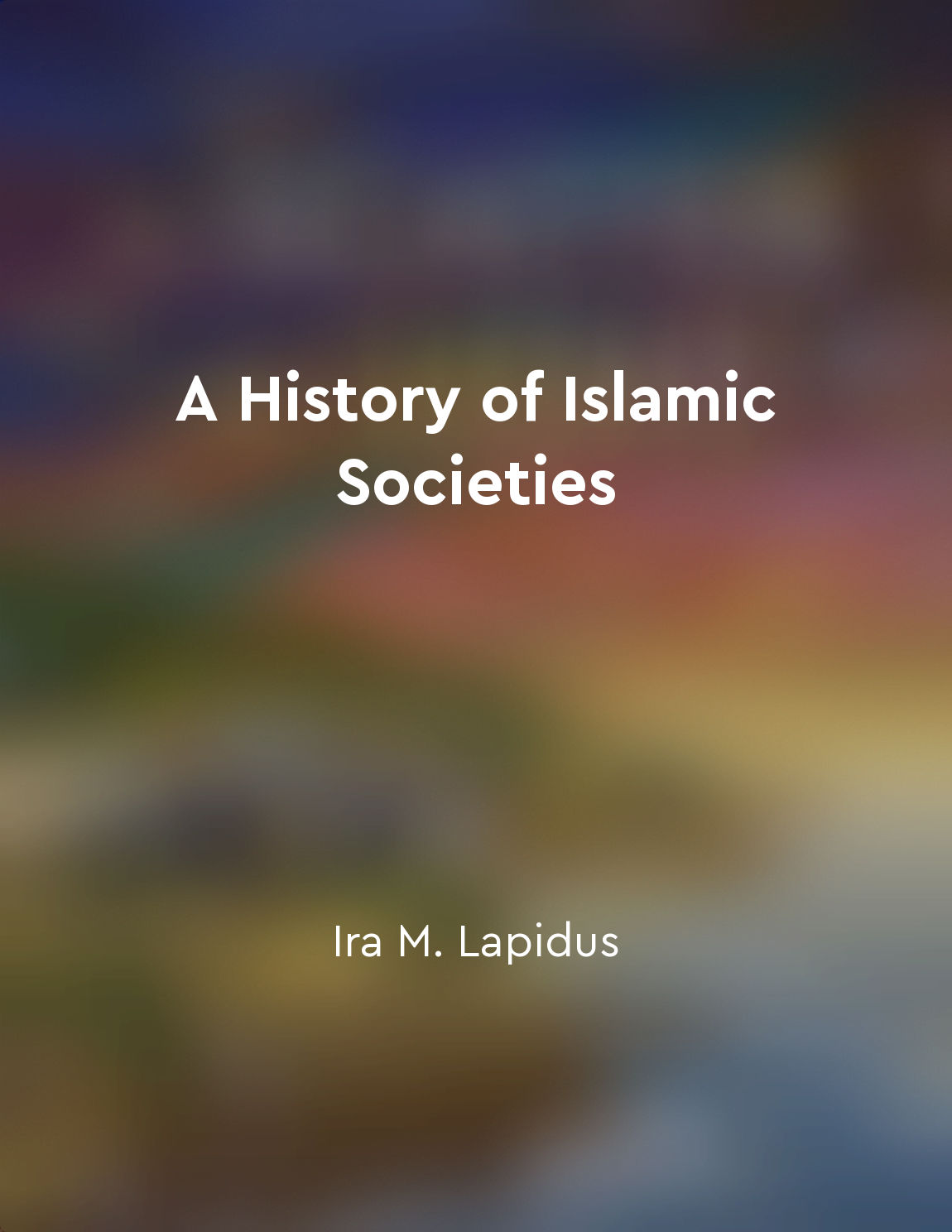The origins of Islamic extremism from "summary" of The Looming Tower by Lawrence Wright
The roots of Islamic extremism can be traced back to the early 20th century, when the Ottoman Empire collapsed and the Muslim world was left fragmented and vulnerable. This power vacuum created an opportunity for radical ideologues to gain influence and spread their extremist beliefs. One of the key figures in the rise of Islamic extremism was Sayyid Qutb, an Egyptian thinker who was deeply critical of Western influence in the Muslim world. Qutb believed that the only way to combat this influence was to establish a strict Islamic society based on Sharia law. His writings inspired a generation of jihadists who saw violence as a legitimate means to achieve their goals. Another important factor in the origins of Islamic extremism was the Soviet invasion of Afghanistan in 1979. This event galvanized Muslims around the world to join the fight against the Soviet Union, and it also provided a training ground for future jihadists. The CIA's support for the mujahideen during this conflict further fueled the growth of extremist groups. The 1980s saw the emergence of organizations like al-Qaeda, led by Osama bin Laden, who saw themselves as defenders of Islam against Western aggression. Bin Laden's wealth and charisma attracted followers from across the Muslim world, and his message of jihad resonated with disaffected youth who felt marginalized by their own governments. The Gulf War in 1990 marked a turning point for Islamic extremism, as it exposed the weakness of many Muslim countries and the hypocrisy of their leaders. This further fueled the narrative of a global struggle between Islam and the West, and it led to a wave of terrorist attacks against Western targets. In the years leading up to the 9/11 attacks, Islamic extremism continued to grow and evolve, fueled by a sense of grievance and a desire for revenge against perceived injustices. The attacks themselves were the culmination of years of planning and preparation by a network of jihadist groups who saw violence as a legitimate means to achieve their goals.- The origins of Islamic extremism can be seen as a complex interplay of historical, political, and ideological factors that have shaped the mindset of extremists and fueled their willingness to resort to violence in pursuit of their goals. Understanding these origins is crucial to addressing the root causes of terrorism and preventing future attacks.
Similar Posts

ISIS inspired global terrorist attacks
ISIS's strategy of inspiring global terrorist attacks was a deliberate and cunning move to expand their reach beyond the physic...

Rise of ISIS influenced by US invasion of Iraq
The rise of ISIS was not an inevitable consequence of the U.
S. invasion of Iraq, but it was influenced by a series of events ...

The spread of Islam led to the creation of diverse societies
The spread of Islam across diverse regions with distinct cultural, linguistic, and social backgrounds resulted in the creation ...
The cultural and religious factors driving jihadist ideology
The roots of jihadist ideology run deep in the cultural and religious history of the Muslim world. Many scholars trace the orig...

